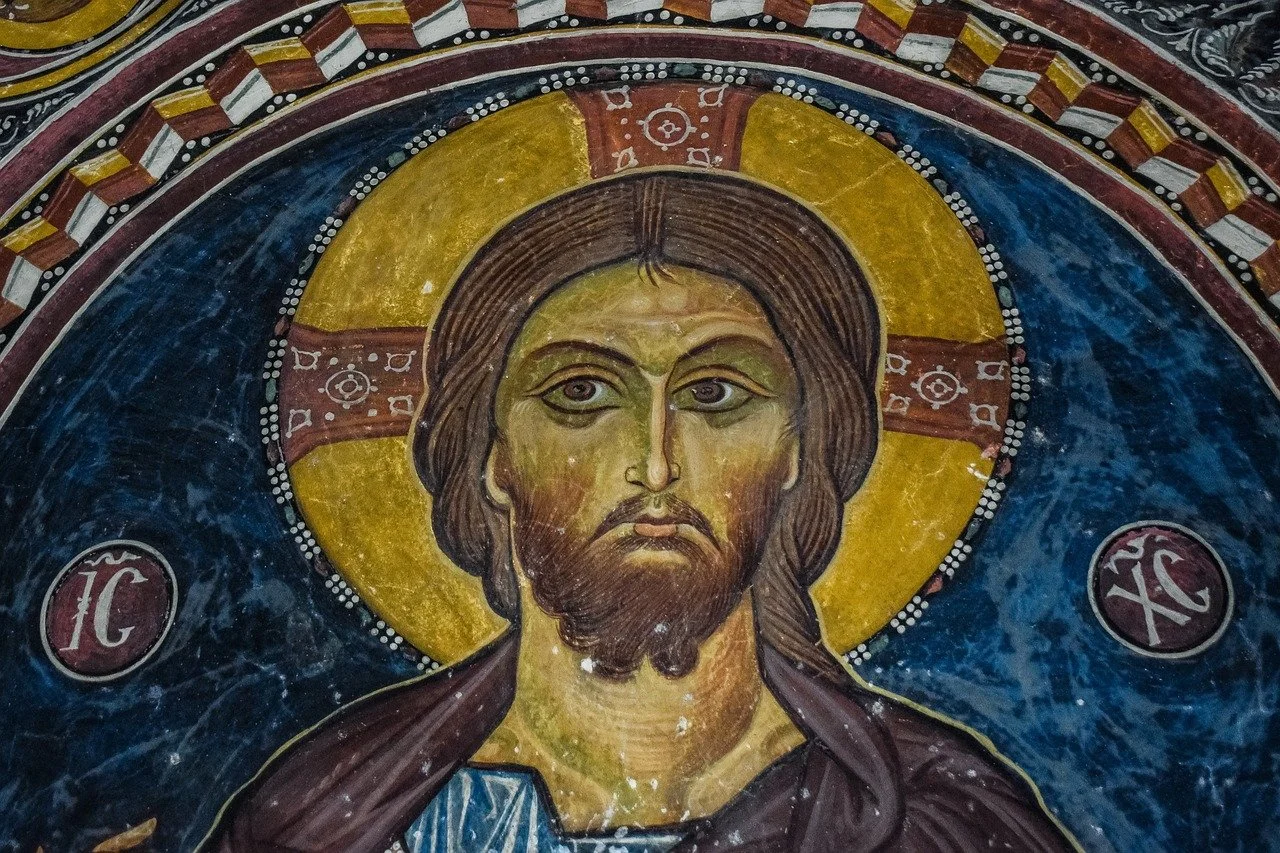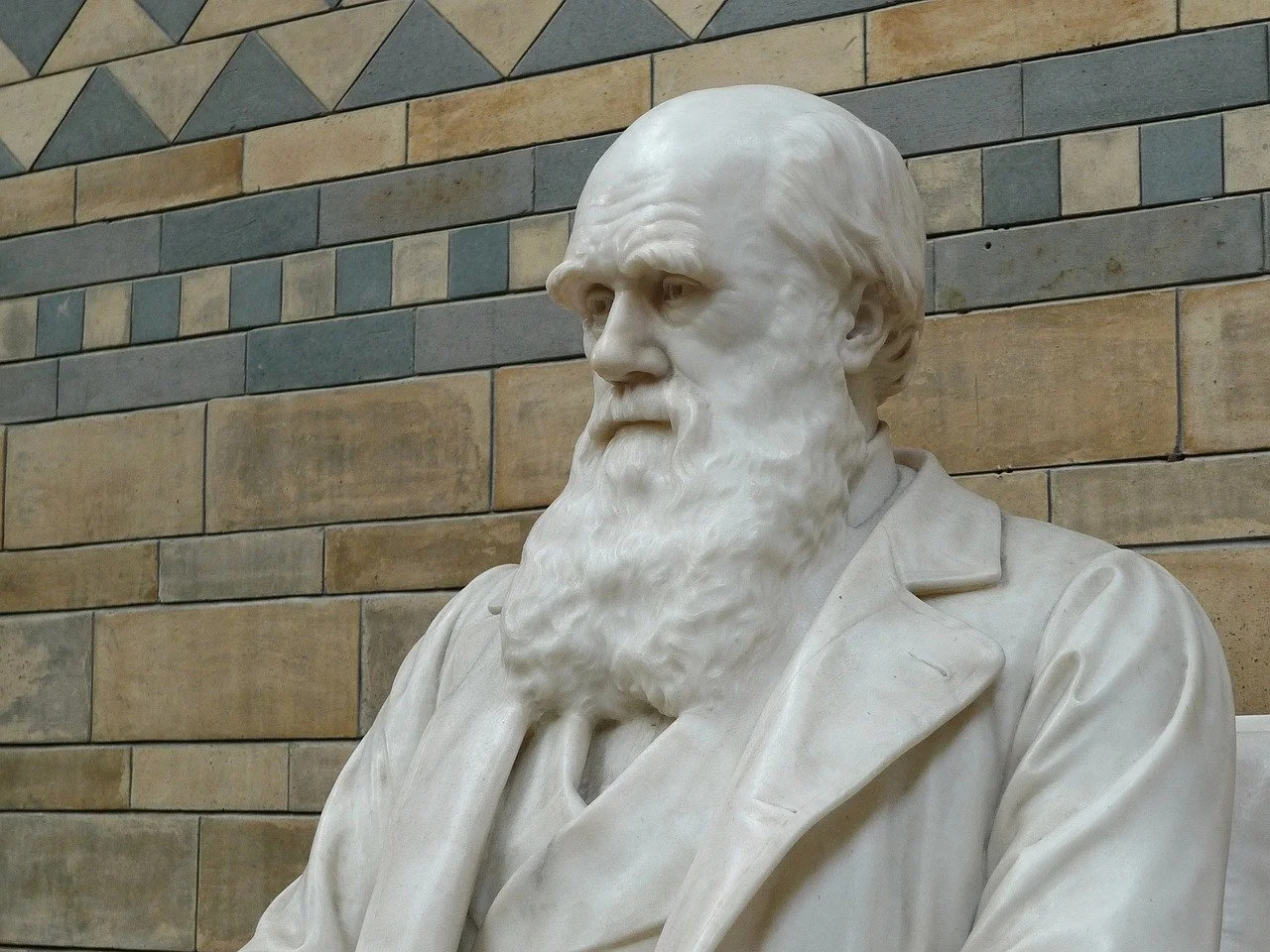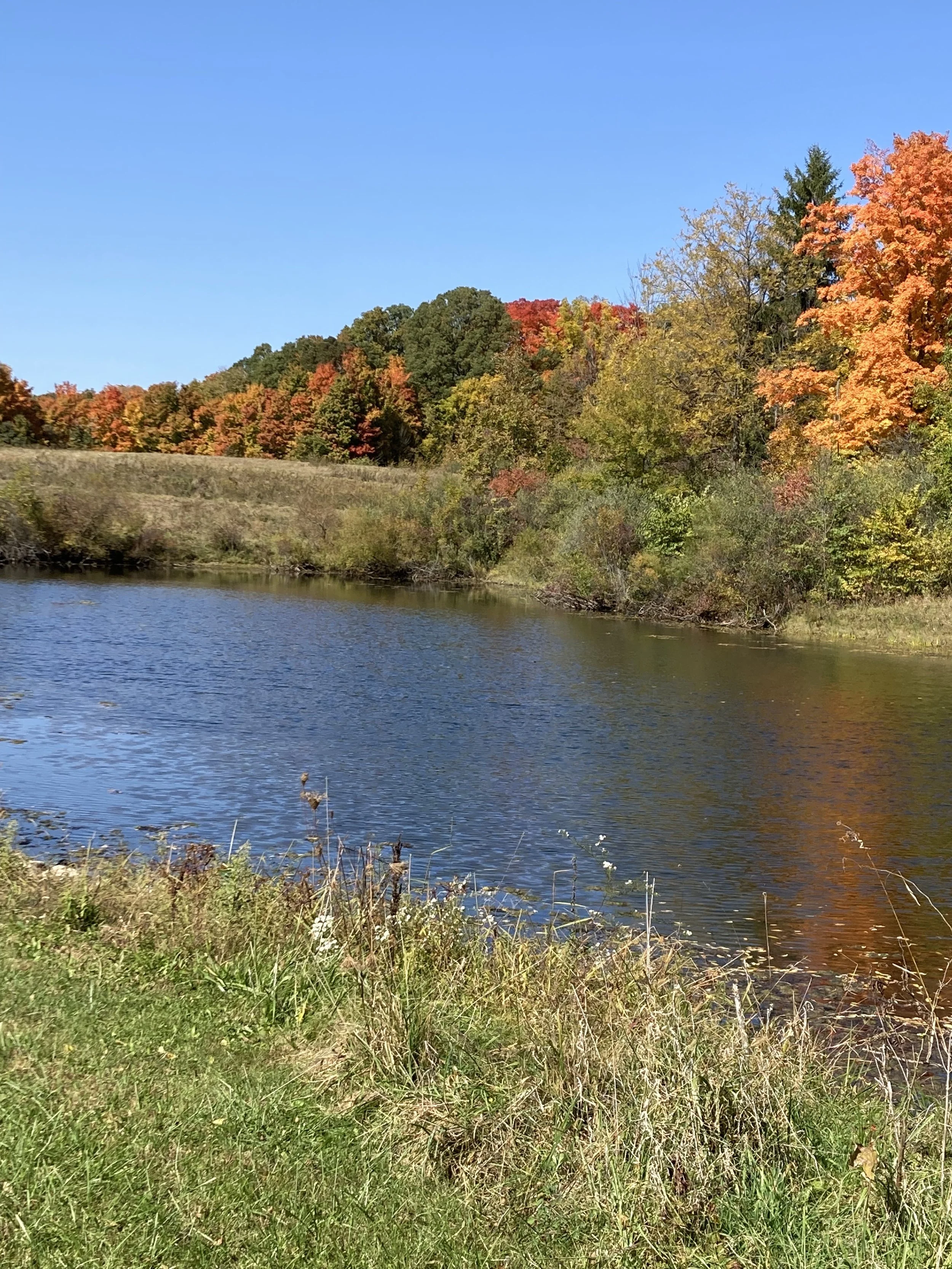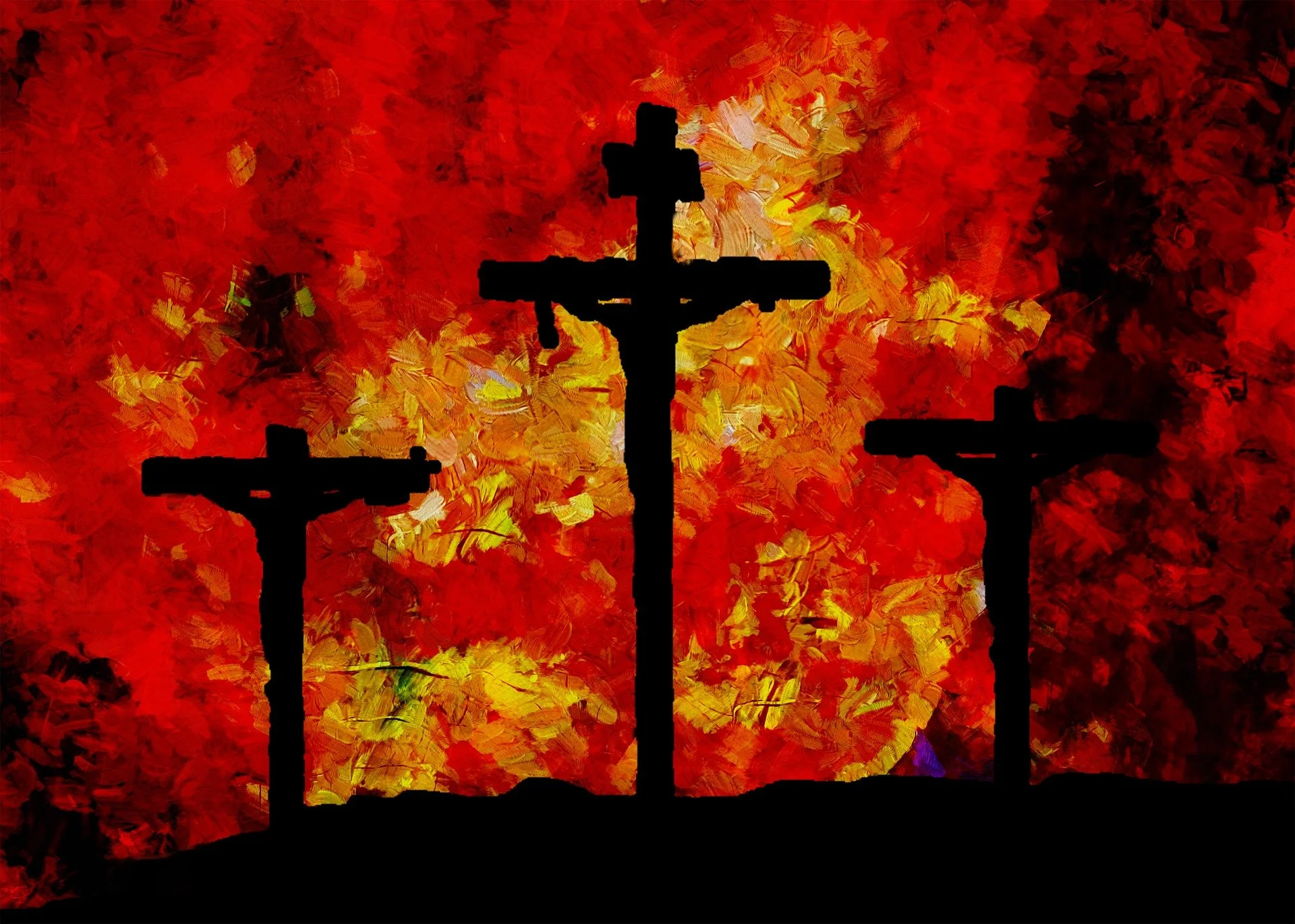Faith Musings: Nothing to Boast About - Part 9
We should be drawing this study to a close this week. I hope you have enjoyed this look at 1 Corinthians 1 and 2. I can only say it was one of those Holy Spirit directed studies that I had not been intending to do. You must understand, what I put on the blog is most often things I am learning and/or struggling with. I hope I can always bring you the same clarity and understanding that the Holy Spirit gives me when revealing truth in His word.
“10 For to us God revealed them through the Spirit; for the Spirit searches all things, even the depths of God.
11 For who among men knows the thoughts of a man except the spirit of the man which is in him? Even so the thoughts of God no one knows except the Spirit of God.
12 Now we have received, not the spirit of the world, but the Spirit who is from God, so that we may know the things freely given to us by God,
13 which things we also speak, not in words taught by human wisdom, but in those taught by the Spirit, combining spiritual thoughts with spiritual words.
14 But a natural man does not accept the things of the Spirit of God, for they are foolishness to him; and he cannot understand them, because they are spiritually appraised.
15 But he who is spiritual appraises all things, yet he himself is appraised by no one.
16 For who has known the mind of the Lord, that he will instruct Him? But we have the mind of Christ.”
Last week we looked specifically at verse 13 diving into the concept that it is the Holy Spirit who teaches us and who gives us God’s wisdom. Paul’s teaching came, not from human wisdom, but from the wisdom taught to him by the Spirit of God. The same is true in our own lives as we grow closer to God and learn to listen to His Spirit with open ears. We looked specifically at 1 John 2:27 which reminds us that when we have His anointing, or the Holy Spirit we have no need of other teaching or wisdom. God’s wisdom is all we need. I also made a note that we must have His discernment to make sure that what we are saying is of the Spirit actually is His Spirit and not the spirit of the world. Remember, the spirit of the world is not for God.
Let’s start looking at verses 14 - 15.
14 - But a natural man does not accept the things of the Spirit of God, for they are foolishness to him, and; and he cannot understand them, because they are spiritually appraised.
Image by Gina Janosch from Pixabay
I think this verse is pertinent to what is happening in the world as we look around at the violence, hatred, and sin that permeates all cultures. In our own country we have seen a definite uptick in violence as a way to respond to ideas, people, religion and beliefs that are not liked or agreed with. This is the response of the natural man. Our sin nature wants what it wants and it looks at the things of God as ridiculous.
Even as believers we find ourselves regularly battling against this old nature and fighting to turn to Jesus and His truth rather than give in to our baser sin nature. The difference is, we have God’s Spirit gently reminding us how much God loves us, what He did for us and why His wisdom is always better than the world’s.
Why does the natural man think God’s teaching and wisdom is foolish, after all, didn’t God create man in His image? Shouldn’t that give man His wisdom? Unfortunately, this is what Satan tempted Adam and Eve with in the Garden. See Genesis 3. There were two things going on in the Garden. The first, the Serpent, or Satan, was intent on causing God’s beautiful creation to crash and burn. The second, Adam and Eve made a choice to not trust God. If instead of listening to the Serpent they would have ran to God and asked Him what to do, they would not have made that same choice. God’s wisdom, would have given them the understanding to know what Satan was plotting.
Sin is what took away the ability to know and understand God’s wisdom. What God intended to be the norm, a regular, intimate, relationship with Him, became obscured by the veil of sin. It is only by giving our lives to Him in an intentional choice to trust Him, that we receive the Helper and the ability to know God and understand His teaching and wisdom.
“12 Therefore having such a hope, we use great boldness in our speech,
13 and are not like Moses, who used to put a veil over his face so that the sons of Israel would not look intently at the end of what was fading away.
14 But their minds were hardened; for until this very day at the reading of the old covenant the same veil remains unlifted, because it is removed in Christ.
15 But to this day whenever Moses is read, a veil lies over their heart;
16 but whenever a person turns to the Lord, the veil is taken away.
17 Now the Lord is the Spirit, and where the Spirit of the Lord is, there is liberty.
18 But we all, with unveiled face, beholding as in a mirror the glory of the Lord, are being transformed into the same image from glory to glory, just as from the Lord, the Spirit.”
What we see in our country right now is the spirit of the natural man fighting against what they see as the foolishness of God, because they can’t understand it. Why does this surprise us? God has always had a better way, but He allowed mankind to make their own choices and He still does, even to the point of violence and persecution.
“5 The Light shines in the darkness, and the darkness did not comprehend it.”
15 - But he who is spiritual appraises all things, yet he himself is appraised by no one.
Seeing that our Creator is a spiritual being, and when we are in Him we are also spiritual beings, we are able to appraise, or to use a more unfavorable word, judge, all things. (I thought that chicken looked pretty judgmental to me. what do you think? Ha, ha.) What does this mean? In simple language it means that we are able to look at everything around us and discern what is actually happening. For instance, the things that are happening in our country are looked at political and idealogical differences, but one who has the Spirit of God, knows there is a spiritual element to these things. Of course if we speak that, we are seen as even more ridiculous and unaware. What is most concerning to me is the disparity in the church. We know it is okay to have differences of opinion, but when that turns into anger, and anger turns into hate, then as people with God’s Spirit we need to step back and recognize the spiritual side of things.
With regard to the second half of that verse, we are appraised by no one. In other words, people can judge us on the outside. If I commit a crime I will go to court and be sentenced, but only God judges our eternal soul. Only He knows where we are at spiritually. That, to me, is why it is important to get to know people and have dialogue with people. We may find we have a lot more in common than we do differences.
16a - For who has known the mind of the Lord, that he will instruct Him?
There is not one person on this planet that knows the mind of the Lord to the extent that he is able to instruct Him. God doesn’t have to be teachable. He knows everything. The theological word for this characteristic is omniscient. It is not just knowing things like 2+2=4, or that all matter is made up of atoms, and all the other billions of bytes of data in the world. Omniscience includes an awareness, understanding and insight. God doesn’t just know stuff, He knows us. Isn’t that mind bending? Read through Psalm 139. God knows our thoughts, when we lay down, when we rise, where we go, what we are going to say, and the very condition of our heart. He knows every child ever used in the sex trade. He knows every tumor rooting itself in a human’s body. He knows where your lost cat is. He knows the pain you carry deep beneath your smiling exterior.
To the natural man, this doesn’t make sense. In fact, it may be the case they don’t want it to make sense. Knowing that there is a being who knows your every thought, your every pain, your every dark sin is too much. The crazy part is, He knows all that and still He loves us. He loves you, and He wants you, every single bit…the good, the bad, and the dark ugly.
16b - But we have the mind of Christ.
Perhaps it is because I have the mind of Christ that as I have been typing this I want to fall to my knees and cry. Not only to shed tears for so many who are hurting, angry, and lost, but for my own wretched soul. He has done it all. He has provided a way when there was no way. He provided a light in the darkness, a path through rocky mountain slopes; food for my peckish soul and water for my dried up heart. He has done it all, and I have nothing to boast about, except in Him.






























































































